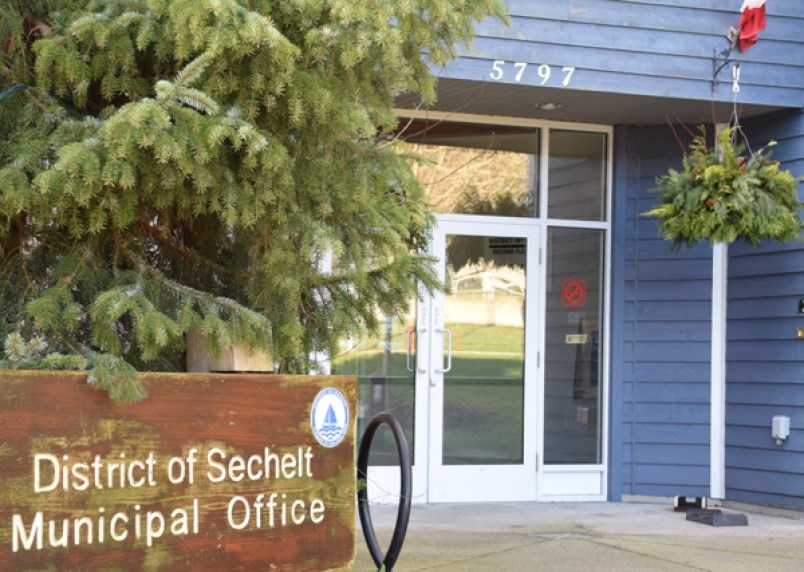Sechelt’s director of finance says maintaining cash flow will be “one of the biggest issues” the district faces as it manages the 2020 budget.
David Douglas made the comment in response to questions from the public at online town halls about the budget held April 29.
The anticipated overall tax increase this year is 3.8 per cent, which Douglas said would mean a $78 increase in the municipal portion of the tax bill for a home assessed at $651,100 and a $156 increase for a commercial property worth $912,000.
Sewer user fees are expected to rise by $123 for residential properties and $261 for commercial properties. The water parcel tax on all property classes will go up by $14.
Council is also expected to approve new deadlines for late payment fees. The tax due date remains July 2 and residential property owners will face a five per cent penalty if the taxes aren’t paid by July 3 and a further five per cent if they aren’t paid by Oct. 1.
The province instructed all local governments to change the late payment deadline to Oct. 1 for commercial properties and Sechelt will impose a five per cent penalty on that date with a further five per cent if the taxes are unpaid on Dec. 1.
The COVID pandemic is expected to make it hard for some property owners to cover their taxes on time this year, which is one of the reasons local governments are worried about cash flow.
Douglas was asked at one point what would happen if a significant amount of the property taxes owed – the questioner suggested 10 per cent – aren’t paid by the end of the year.
“It would be managed by revenue anticipation borrowing,” Douglas said. “The other thing we’re looking at is strategically doing the capital work. If there is a project that is not under grant and not under timeline, we will delay the start of those until we know we are going to have enough funds paid from taxes to do those works.”
Council will consider a bylaw at its next meeting to authorize short-term borrowing of up to $12 million against the anticipated revenue from property taxes. Douglas likened it to a line of credit and said the district would only draw on it if necessary.
The province has also made some changes to the rules on local government budgets to help with cash flow, including extending the date to submit the school taxes collected on the province’s behalf, allowing borrowing from existing capital reserves to help pay for operating expenses, and letting municipalities and regional districts carry debt for an additional year.



